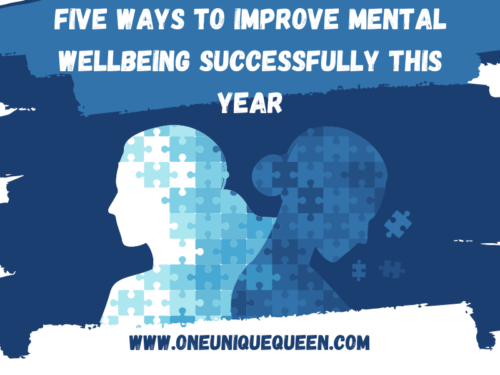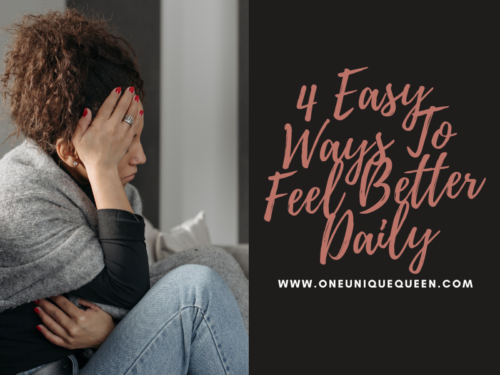


Choosing a birth control option is an issue that many people struggle with. With so many options to choose from and a myriad factors to consider, it is understandable why many women have a hard time picking one option. The best way to ensure that you choose the right choice is to inform yourself as much as possible about different options.

If you are at a crossroad on which birth control option to use, here are a few tips to guide you in the process.
1. Consider the Effectiveness
Different birth control options have varying effectiveness levels. Generally, the less effort you have to put in using a contraceptive, the more effective it is.
Contraceptives like Copper and Hormonal IUDs, hormonal implants and birth control shots are exceedingly effective because they require minimal input from you. Once the coil is inserted in the uterus, you can expect not to conceive for at least five years. If you undergo female sterilization, your chances of falling pregnant are almost non-existent.
On the other hand, birth control options that require some effort have lower levels of efficiency. The pill, for instance, has to be taken daily at the same time to ensure high levels of effectiveness.
If you are a forgetful person, this contraceptive may not be the best option for you. If, on the other hand, you have a relatively regular daily routine, you may consider using the pill since you can be more consistent in taking it.
2. Consider The Side Effects
Another critical factor you should have in mind before settling on a specific contraceptive is its side effects. Often, hormonal methods of birth control tend to have severe side effects. Some users experience abrupt weight gain, mood swings, breakouts on their skin, painful periods or nausea.
Even physical methods of preventing unwanted pregnancies also have their fair share of side effects. The copper IUD, for instance, can cause excruciating cramps or unending periods.
Talk to your healthcare provider about the side effects of different contraceptives. Ensure that you choose an option with tolerable side effects. And if you start using one kind of contraceptive only to find that its effects are unbearable, don’t hesitate to switch to another option. Always listen to your body and don’t suffer in silence.
3. Consider the Reversibility
Different contraceptive options have different reversibility rates. Some, like condoms and the withdrawal method, do not affect your fertility in any way. Others, like the pill, can be reversed relatively quickly. Others yet, like the coil, can prevent pregnancy for years and still not affect your fertility much. However, others like tubal ligation or vasectomies, are permanent and cannot be reversed.
Before choosing a contraceptive, consider if and when you want to have children. If you are sure that you don’t want more children, then the permanent methods of contraception are an excellent choice for you. If you don’t want kids for a few years, then consider long-lasting options like the IUD. Condoms and the pill are ideal for those who wish to have children in the foreseeable future.
4. Cost
Contraception costs vary widely. Typically, the more intrusive a birth control method is, the more it costs. Female sterilization is one of the most expensive ways of preventing pregnancy, which is unsurprising, given that it involves surgery. Pills, condoms and emergency contraception, on the other hand, tend to be cheaper and readily available.
When calculating cost, remember that although some methods may cost more upfront, they may end up being cheaper in the long run. Getting an IUD, for instance, is a one-time affair, and you won’t have to think about costs after it is inserted. Pills, on the other hand, need to be replenished every so often, which, over time, may add up to a lot of cash.
5. Consider Medical Conditions
It would be best if you inform your healthcare provider of any conditions you may be suffering from before choosing a contraceptive.
If you have a heart condition, for instance, hormonal contraception may not be the best choice for you. The same applies to those who smoke since hormonal contraception, combined with smoking, increase your chances of suffering from heart disease and blood clots.
6. Consider Your Relationship Status
You also ought to reflect on your relationship status prior to choosing a contraceptive. If you have multiple sexual partners, consider using barrier contraceptive methods like condoms to protect yourself against STDs. If you are in a monogamous relationship, hormonal contraceptives will work well for you.
Conclusion
Although choosing a contraceptive can be somewhat daunting, it need not be overwhelming for you. Having read this blog post, you certainly have a reasonably accurate idea of the birth control option that would suit you best. All that remains is for you to make your pick.
What other things do you consider before choosing a contraceptive? Let me know in the comments below!











COMMENTS MAKE ME HAPPY!